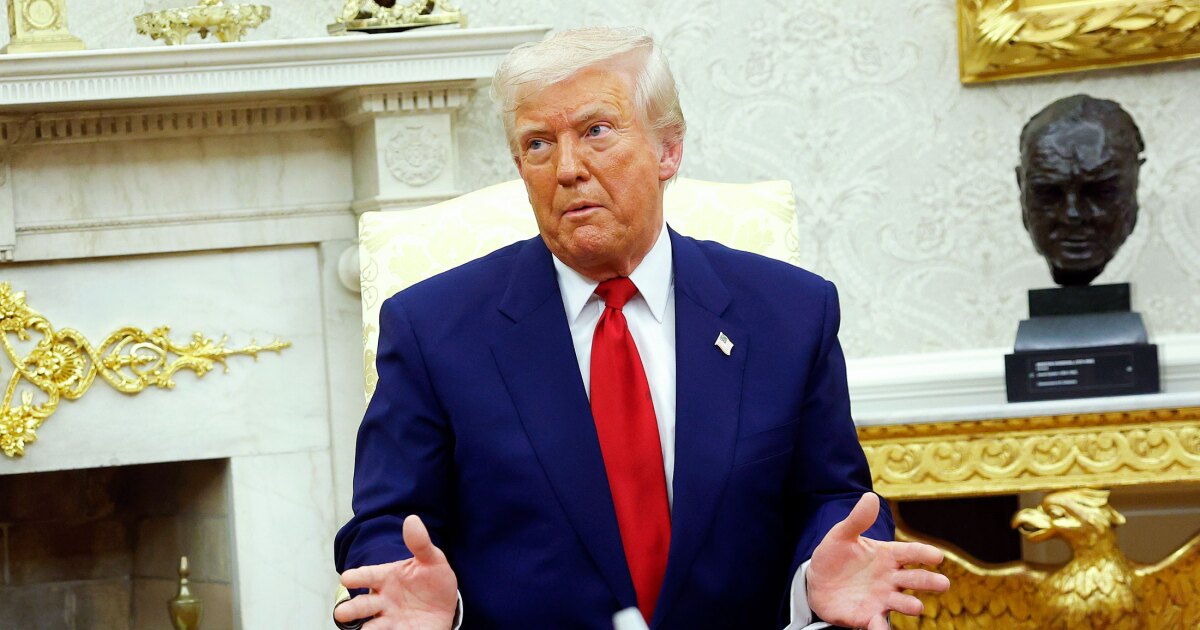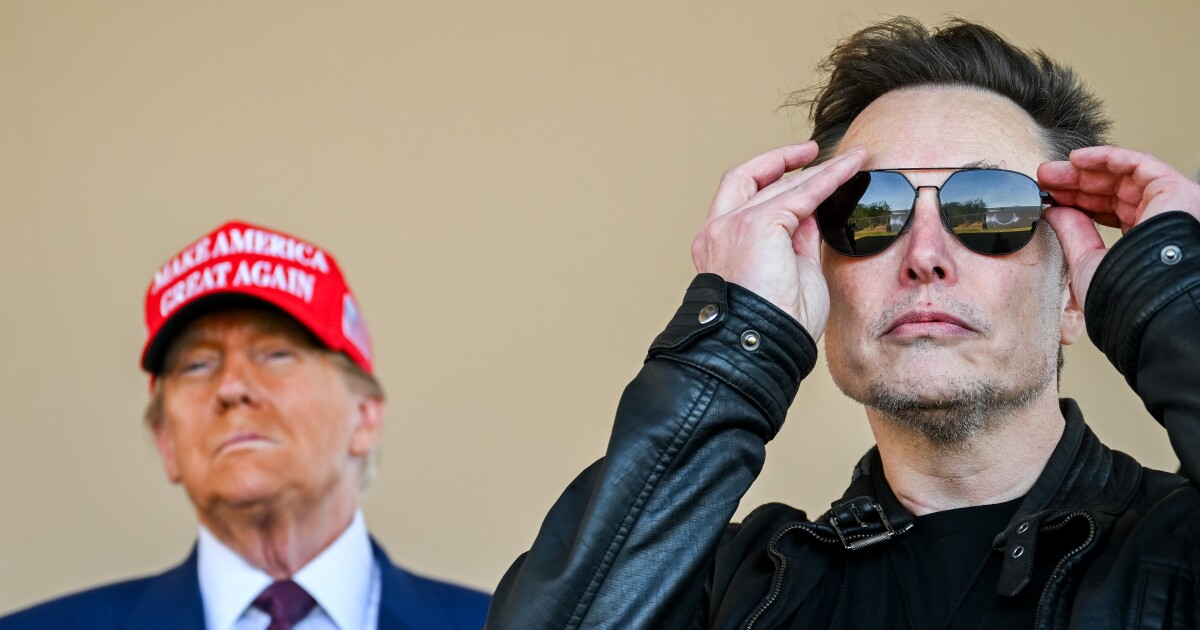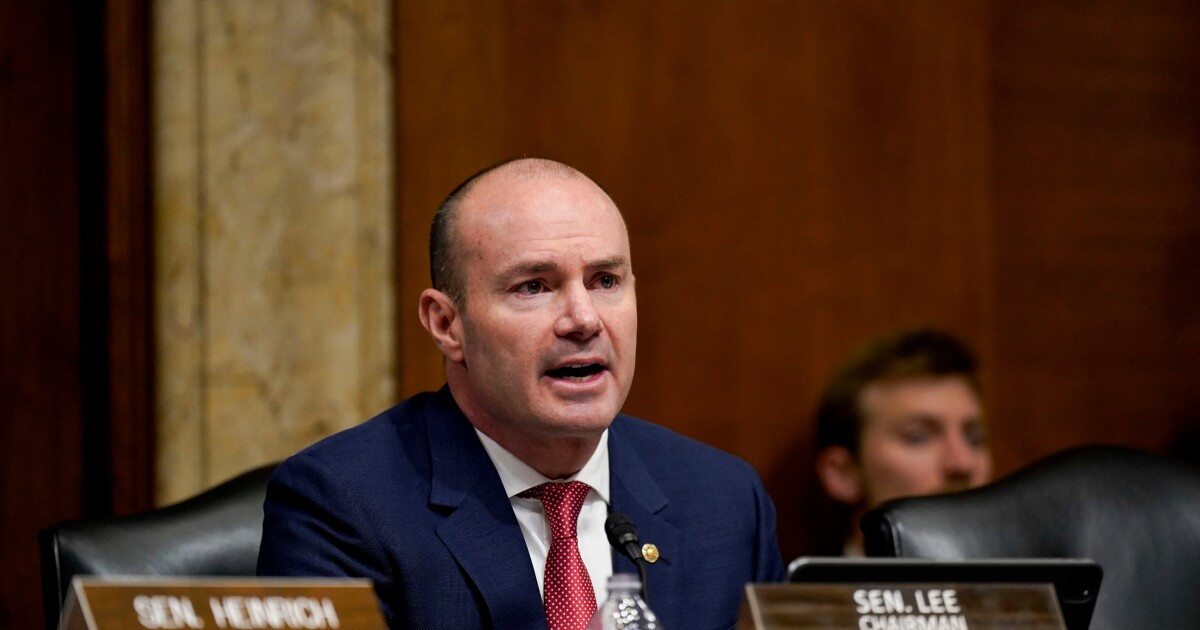From the moment Donald Trump and Elon Musk joined forces, betting in Washington held that the president’s bond with the First Buddy who bankrolled his comeback election win wouldn’t last.
It didn’t.
A relationship that blossomed at the height of the 2024 presidential campaign and deepened as Musk joined the new administration to slash the federal bureaucracy unraveled this week in spectacular form, with the world’s richest man declaring his opposition to tax legislation that’s the centerpiece of Trump’s domestic agenda.
With posts on social media urging lawmakers to reject Trump’s “Big Beautiful Bill,” Musk exposed a rupture that had been growing between him and the president for weeks, fueled at first by clashes with cabinet members over agency cuts and differences with the administration’s sweeping tariff plans.
Musk’s public break with Trump threatens further fallout for the allies he helped to install in key positions across federal agencies during his time overseeing the Department of Government Efficiency that he prodded Trump to create.
It also raises questions about whether the biggest billionaire spender of the 2024 election will remain a reliable source of campaign funding to sustain Republican control of the House in the mid-term elections and to make permanent Trump’s political movement.
Trump’s orbit
Administration officials who have bristled at Musk’s power and bedside manner have been moving to reassert their influence in the executive branch since he announced his departure from DOGE, people familiar with the matter said.
That includes the installation of a close associate of White House Chief of Staff Susie Wiles as chief of staff at NASA — an agency that is crucial to SpaceX, a company that makes up a third of his net worth. People familiar with the matter said the withdrawal of the nomination of Jared Isaacman, a Musk ally who was poised to run the space agency, was driven by Sergio Gor — the director of the Presidential Personnel Office, with whom Musk had sparred during his DOGE tenure.
“A lot of Musk’s power stemmed from the fact that was seen as an extension of Trump,” said Stephen Myrow, who runs Beacon Policy Advisers. “But now that there’s distance between them, that power might be waning.”
“I always talk about the ‘evolving orbit’ around Trump — people are always drifting in and out,” Myrow added. “I wouldn’t say Musk’s relationship with Trump is severed. But between Isaacman’s nomination being pulled and his public criticisms of the tax bill, he looks to be in the waning phase of his orbit.”
A White House official in an email pointed to multiple past donations that Isaacman had made to Democrats, suggesting that was the reason his nomination was nixed. In a podcast interview Wednesday, Isaacman said he didn’t believe that was the reason, given the information had long been publicly available.
“President Trump is the ultimate decision maker on who has the privilege of serving in his historic administration,” White House spokesperson Liz Huston said. “Any claims to the contrary are completely false.”
Musk didn’t respond to a message seeking comment. On X, his social media platform, one user said Isaacman’s removal was a “gut punch for the space agency,” to which Musk responded with a ‘100’ emoji, indicating he agreed 100%.
‘At great personal cost’
The fissure caps a roller-coaster 11 months from Musk’s endorsement of Trump in July of 2024. Musk spent hundreds of millions to elect Trump and Republicans in 2024, and when the once and future president defeated Kamala Harris in November’s election, he turned to Musk to lead an effort to slash the size and scope of government.
Musk scythed through the federal bureaucracy while Trump unleashed a flurry of executive actions, each seeking to dismantle the administrative state at what the White House came to call “Trump speed.”
Yet swift progress on conservative priorities came with a price tag for Musk, who has seen his own net worth plummet in part because of reputational tarnish at home and abroad from his political actions and affiliation with Trump.
Musk’s net worth — much of it tied to the performance of Tesla Inc. — has dropped an estimated $64.1 billion so far this year, according to data compiled by Bloomberg Billionaires Index. It’s the largest on-paper loss of any of the world’s 500 richest people for whom Bloomberg tracks fortunes.
And now, on his top political focus point of deficit reduction, any success Musk can claim — achieved, in his own words, “at great personal cost and risk” — may be drowned out by the president’s own signature legislation.
The Congressional Budget Office projected that the House-passed tax and spending bill at the center of Trump’s legislative agenda would add more than $2.4 trillion to U.S. budget deficits over the next 10 years, slashing revenues by $3.67 trillion while only cutting spending by $1.25 trillion.
That’s way above even DOGE’s most optimistic savings estimates. Its government website listing estimated savings states that DOGE has saved taxpayers about $180 billion year-to-date. However its “Wall of Receipts” — a line-by-line list of contracts, grants and leases canceled since Inauguration Day — only accounts for less than half of that number.
Adding to the risk for Musk’s bottom line, Trump’s bill would wipe out some valuable tax incentives that bolster his own companies. Musk personally appealed to House Speaker Mike Johnson to save tax credits for electric vehicles, according to a person familiar with the matter, but ultimately lost that fight.
In an interview with Bloomberg Television on Thursday, Johnson did not confirm whether Musk had approached him over the credits, but said the two would speak later in the day, adding that Musk seems “pretty dug in right now, and I can’t quite understand the motivation behind it.”
Musk’s criticism of the spending package — which Trump has branded as a “big, beautiful bill” — built slowly.
On Tuesday, however, Musk lashed out, posting on his social media platform, X, that the bill was “pork-filled” and “a disgusting abomination.”
Adding insult to injury for the White House, Musk has embraced the very argument that the administration has been trying to combat, noting the bill would significantly widen the federal budget deficit.
By Wednesday afternoon, Musk was posting about “debt slavery” and sharing an image of Uma Thurman holding a samurai sword — the poster for the film “Kill Bill.”
Widening rift
The rift between the two billionaire showmen — each renowned for seeking out the spotlight, and not for sharing it — had seemed to be widening for a while.
Even as Musk embraced his DOGE role and continued making periodic appearances at the White House, he broke with some of Trump’s policies.
Musk has criticized tariffs, the primary tool in Trump’s economic agenda, but one that has shown the potential for massive disruption in markets Musk moves in, including those for batteries critical to the fate of Tesla’s automotive and energy units.
An outside Trump advisor said the president remained furious about an incident, reported by The New York Times, in which Musk angled to obtain a classified briefing from the Pentagon about the upshot of a war with China, where Musk has extensive economic interests, especially via Tesla.
As public furor grew over DOGE’s unilateral cuts to federal agencies, Trump publicly reined Musk in, asserting that cabinet officials would have final say over proposed reductions.
In a May 20 appearance at the Qatar Economic Forum, Musk told Bloomberg’s Mishal Husain he intended to pull back from political giving, only months after spending nearly $300 million to boost Trump’s successful campaign for the White House.
Sour taste
Behind the scenes, Musk’s sojourn through the West Wing left a sour taste for some officials, according to the outside adviser and one person within the administration.
The outside adviser particularly noted Musk’s brusque treatment of Wiles, who managed Trump’s victorious campaign before joining the administration. It was a longtime Wiles ally, Brian Hughes, who was sent to serve as NASA chief of staff, a position from which he could serve as a check in an agency that is central to SpaceX’s fortunes.
A senior White House official said Wiles and Musk had a cordial and collaborative relationship, and that the chief of staff met weekly with the tech entrepreneur as he led DOGE.
The official said Hughes had long wanted to work at NASA, and that his placement there was not an effort to keep tabs on Musk and SpaceX.
A person familiar with SpaceX discounted the chance that bad blood between Musk and Trump would have an immediate negative effect on the company, because it has carved out such a dominant position in the launch business even as corporate rivals have struggled. But the person said there is frustration that the company’s brand has been damaged, first with Democrats who were appalled by Musk’s embrace of Trump and DOGE’s tactics, and now with Trump supporters in Washington, who will likely side with the president over Musk.
But Musk’s time with Trump has already yielded benefits in other ways, said Myrow, especially in areas where the administration or DOGE pulled the plug on aspects of the regulatory state that had previously tangled with his companies.
“For Musk personally, the SEC stuff went away,” Myrow said, referring to Securities and Exchange Commission investigations. “And he’s long wanted to turn X into an ‘everything app,’ and now a lot of the regulations that would have inhibited that are going away.”


 Economics1 week ago
Economics1 week ago
 Blog Post5 days ago
Blog Post5 days ago
 Accounting1 week ago
Accounting1 week ago
 Economics1 week ago
Economics1 week ago
 Personal Finance1 week ago
Personal Finance1 week ago
 Economics6 days ago
Economics6 days ago
 Personal Finance1 week ago
Personal Finance1 week ago
 Finance1 week ago
Finance1 week ago












